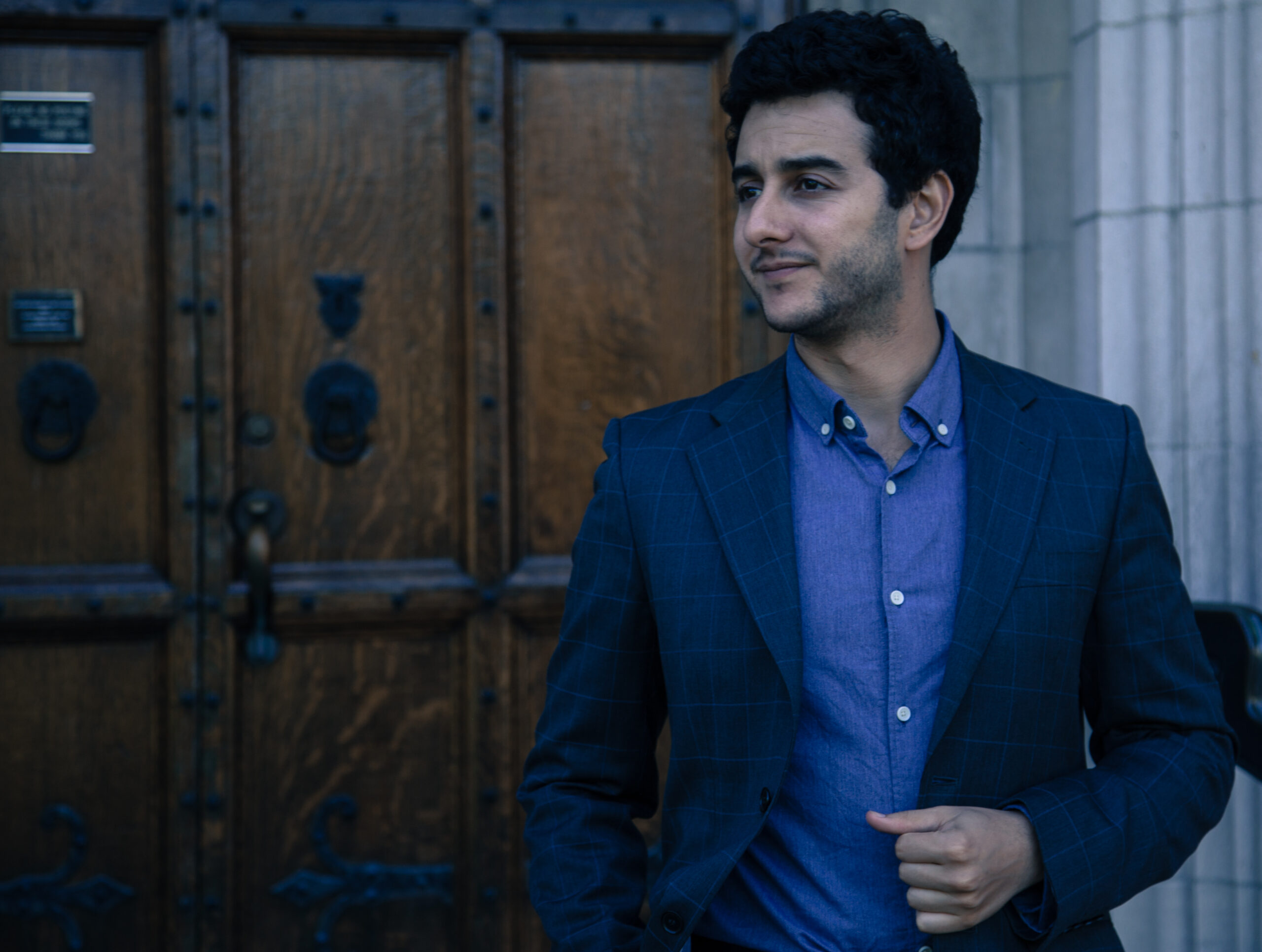Film series to broaden horizons, inspire discussion
September 29, 2017
 Sam Honegger
Sam HoneggerIdriss Jebari, an Andrew W. Mellon Postdoctoral Fellow in History, understands the power of film to expose new perspectives.
Now during his first year at Bowdoin, he has founded a Middle East film series, filled with narrative-driven movies that tell the story of individuals.
He describes the film series as “a relaxed setting to broaden our cultural horizons and focus on movies that have a very strong humanist message.”
Initially an international relations student, Jebari became bothered with the way the discipline glossed over topics, and found his attention was elsewhere.
“I hadn’t planned to end up here,” Jebari said, regarding his discipline of Middle East history. “It was a specific moment in time that made me shift what I was going towards.”
“As this was happening, the Arab Spring happened,” he said. “I found myself watching the television and trying to make sense of these events and not being able, within my toolkit, within my thinking, to explain why so many people were leaving, were outside, were protesting, were singing, were trying to change things.”
So he pivoted and applied to study Middle Eastern history at Oxford. While he was there, he was not only able to explore his new area of research, but he also was able to expose himself to an artform he had always loved: film. He periodically joined a group of his peers to watch movies.
“They used to have great discussions, meet afterwards and develop a sense of friendship, but also broaden their horizons culturally-speaking,” Jebari said. “When you can’t go in-person to Argentina, sometimes watching a movie is the next best thing.”
Jebari is most interested in movies that tell the stories of individuals.
“You have movies that are usually entertainment-focused, and you have documentaries that are great as a tool of information. But there’s a genre in between which is very expressive, especially when it focuses on people and how to tell stories—people’s struggles, how they manage to navigate things happening to them. I always felt really taken by it,” he said.
When Jebari and his peers watched films at Oxford, students from the country featured in the movie would share their thoughts.
“I was in a very international college. [We] would often find someone from that country who would come and give a couple of words, especially if the movie was influential or important,” he said.
Jebari hopes to bring the same experience to Bowdoin with the Middle East film series.
“Knowing that there might be a number of misconceptions—or at least some lack of proper knowledge of this area we call the Middle East—I thought, what better way than to do it [than] through movies and sit down afterwards and see how it made people think, feel or react,” Jebari said. “A movie doesn’t have one interpretation, one message. It’s just showing you something. It reverberates with how people feel.”
Jebari is also motivated by a desire to get to know students.
“I just wanted to interact more with students here,” he said.
The film series takes place in the Massachusetts Hall Faculty Room on Tuesdays at 6:30 p.m. Jebari has already screened two films, “Persepolis” and “Indigenés.” The next film, “Lawrence of Arabia,” will be shown on October 3.

Comments
Before submitting a comment, please review our comment policy. Some key points from the policy: